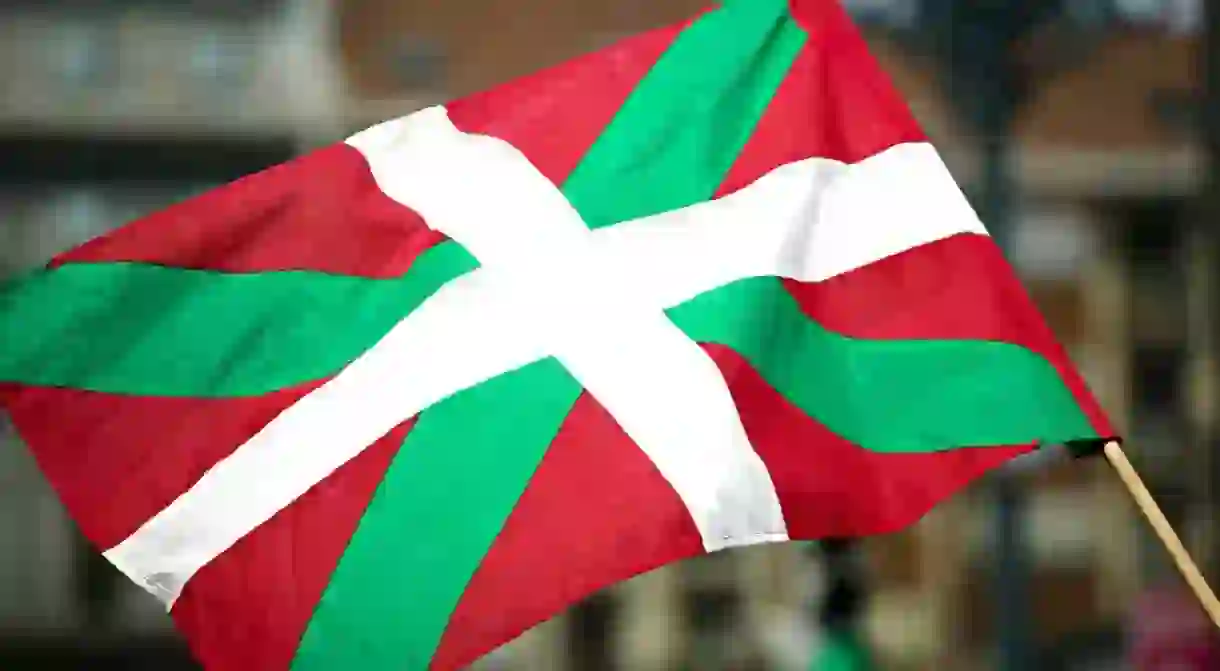Things You Didn’t Know About Basque Culture

The Basque Country is an autonomous community in northern Spain and southern France, near the Pyrenees. The Basques have a unique culture, language and many traditions that differ greatly from their Spanish and French neighbours. Here are ten things you didn’t know about Basque culture.
1. The Basque language has seven different dialects.
Spanish, or Castellano, is just one of Spain’s many languages. Other co-official languages include Catalan, Galician and Basque. It gets even more complicated than this, however, as each one of these has a number of different dialects. Basque has a total of seven different dialects spoken in different areas of the region.
2. The Basque language is also spoken in part of France.
Basque is not just a language spoken in Spain, it is also spoken in the Basque region of southern France, which lies just across the French border in the Pyrenees. Some of the well-know French towns where Basque is spoken include Bayonne and Biarritz.
3. The Basques are one of the oldest ethnic groups in Europe.
Historians believe that the Basques inhabited the southwestern part Europe since before Indo-European people arrived in region, around 5,000 years ago. Throughout time, Basques survived invasions from the Romans, Visigoths, Arabs, French and Spanish. It wasn’t until the Middle Ages (AD 476–1450) that the Spaniards, Gascons and Catalans took over much of the area. In 1516, the Basques on the Spanish side of the Pyrenees finally agreed to be part of Spain, as long as they could partially govern themselves. By 1876, all of the Basque Country was under the control of either France or Spain.
4. Basque is one of the oldest living languages.
Because the Basques are one of the oldest ethnic groups in Europe, their language – Basque or Euskera – is also one of the oldest languages that is still spoken today. Basque is not related to any other Latin language, such as Spanish or French, and is completely unique. The language was spoken in most rural Basque areas until the end of the 19th century, even though they were part of Spain. During Franco’s regime, the Basque language was banned and everyone was forced to speak Spanish, or Castellano, so the number of speakers decreased. In recent years however, Basque has been making a revival.
5. Basques have their own unique festivals.
Many areas in Spain have their own festivals – the Catalans have Saint Jordi Day, the Valencians have Las Fallas. The Basques, meanwhile, have festivals such as Semana Grande (Big Week) festival, also known as Aste Nagusia, held every August, with folk music, dancing and rural sports. San Fermín, or ‘The Running of the Bulls’, is perhaps the most famous of the Basque festivals, held in Pamplona each July.
6. Folklore plays an important part in the culture.
Like in many cultures, folklore is very important for the Basques, and many of its myths and legends are still celebrated today. Basque mythology is similar to the Romans or the Greeks in that they have Goddesses (the Basques only have female Goddesses, no Gods) representing different things, namely the elements. One of the most important is Mari, Goddess of the Earth, who can morph into different shapes. They also believe in Lamia – mermaid-type creatures that are either half fish, goat or cat, depending on the area.
7. They have their own unique drink.
The Basque Country is home to one of Spain’s most famous wine regions – La Rioja, and one of the most popular drinks from the region is txakoli – a slightly sparkling, dry white wine, which goes well with pintxos (Basque-style tapas).

8. They have their own national sport.
The Basques have their own national sport called pelote, or pelota. The game is like a cross between handball and squash, and is very fast. Traditionally, it was played on outdoor courts called frontónes, however today there are lots of indoor ones, too.
9. Rural sports still exist.
Not only do the Basques have their own national sport, but rural sports such as stone-lifting and log-chopping still exist as well. One of the best times to see these sports in a competitive atmosphere is during festivals or holidays.
10. Eating is a national pastime.
Food plays a big part in Basque culture, which is probably why it is so well known for its food today, and why it’s home to so many Michelin-starred restaurants. Eating for Basques is not just for sustenance and survival, however, it’s a social activity and pastime. There are over 1,500 secret gourmet societies dotted throughout the Basque country called txokos, where people go for entertainment (eating). Traditionally only the men were allowed in, but today they accept women, too.
Did you know – Culture Trip now does bookable, small-group trips? Pick from authentic, immersive Epic Trips, compact and action-packed Mini Trips and sparkling, expansive Sailing Trips.














